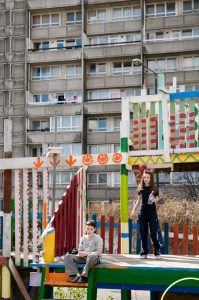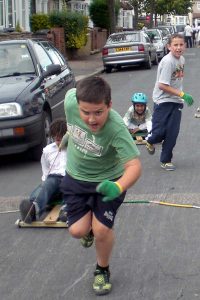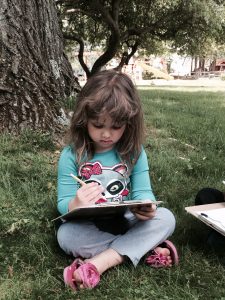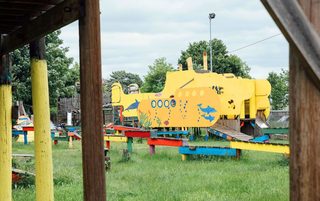The London Playwire is a quarterly (ISH) newsletter featuring the latest news from London Play and on play in London. Sign up at the bottom of the page to get it straight to your inbox; and see recent past issues below.
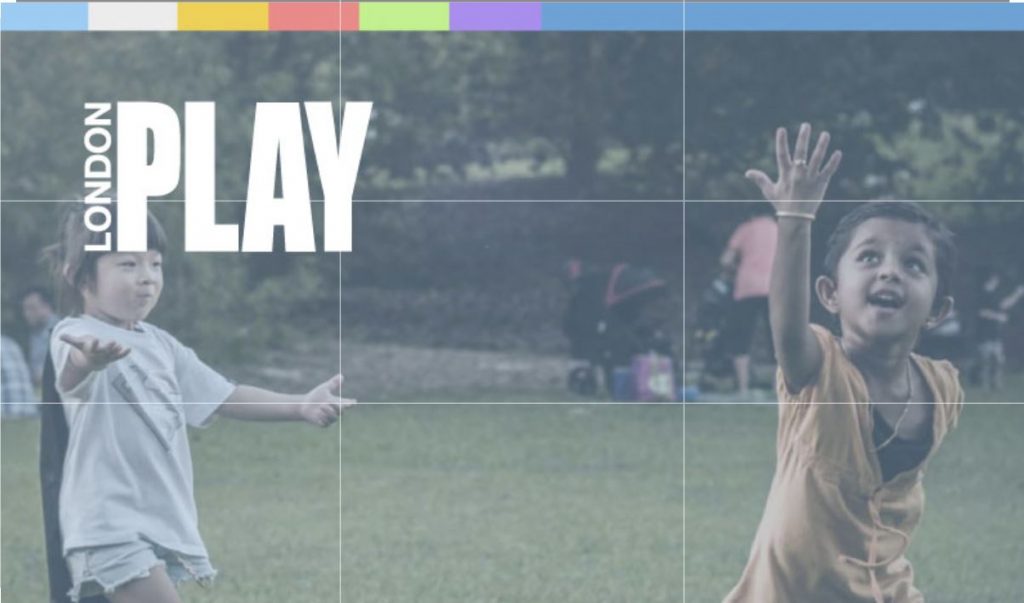
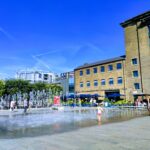
London Playwire Winter 2024: Good riddance January
Is January actually the least playful month of the year? It certainly feels like it! But we are ‘glass half full’ kinda people here so we are going to focus on the positives in this issue of the London Playwire. Not least of which is that January is like, SOOOOO over already.
 London Playwire Summer 2023: What’s your summer play adventure?
London Playwire Summer 2023: What’s your summer play adventure?
Happy holidays everyone! School’s out for most kids and this time next week we reckon pretty much all of London’s 1.8m children will be on the lookout for free holiday adventures. Envious eyes will be turned towards those lucky enough to live near one of the capital’s magical adventure playgrounds. But if not… fear not.
 London Playwire Spring 2023: capital’s playgrounds face a future of neglect
London Playwire Spring 2023: capital’s playgrounds face a future of neglect
The biggest survey of council play provision in a decade has some uncomfortable findings.
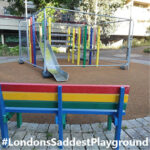 London Playwire Winter 2023: seeking London’s Saddest Playground
London Playwire Winter 2023: seeking London’s Saddest Playground
How is your 2023 going so far? Our new year’s resolution was to get more regular with the quarterly London Playwire. So we’re feeling pretty smug to squeak this in your letterbox before the end of the month! This edition features our campaign to find London’s Saddest Playground – send us your nominations pleeeeeease!
London Playwire Summer 2022: Prescriptions for play?
With summer temperatures on the rise, this issue of the London Playwire connects the dots on mental health and play as the post-covid crisis continues to make headlines. Plus news on all the movers and shakers in the London adventure play scene. Entries for the London Adventure Play Awards are open!
London Playwire December 2021: Playing catch up?
In this issue of the London Playwire, as well as catching you up with all our news, we look at the evidence now emerging about the negative impacts the pandemic has had on children’s lives. Sobering reading, which also serves to highlight just how crucial play is; now and in the months and years to come. So as 2022 beckons, there is no let up. We will continue to work to ensure that all of London’s children can exercise their right to play outside, daily, near where they live.
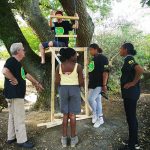 London Playwire July 2021: Surprise surprise!
London Playwire July 2021: Surprise surprise!
We are back and very pleased to introduce you to the first issue of our new-look Playwire (ta-daaah)! We are also mega-excited to announce the launch of three – yes, three – brand new websites, all celebrating and raising the profile of play in London. Read on for all the details plus lots of opportunities for you all out there making play happen. Full steam ahead for a summer of play!

